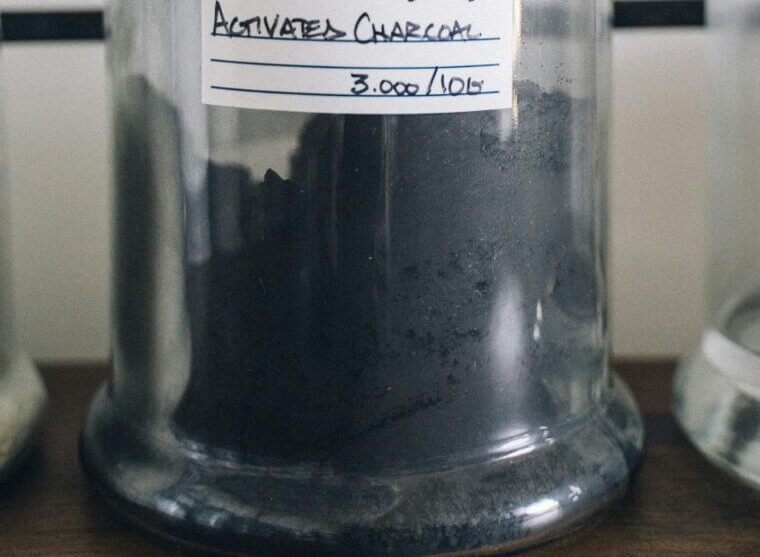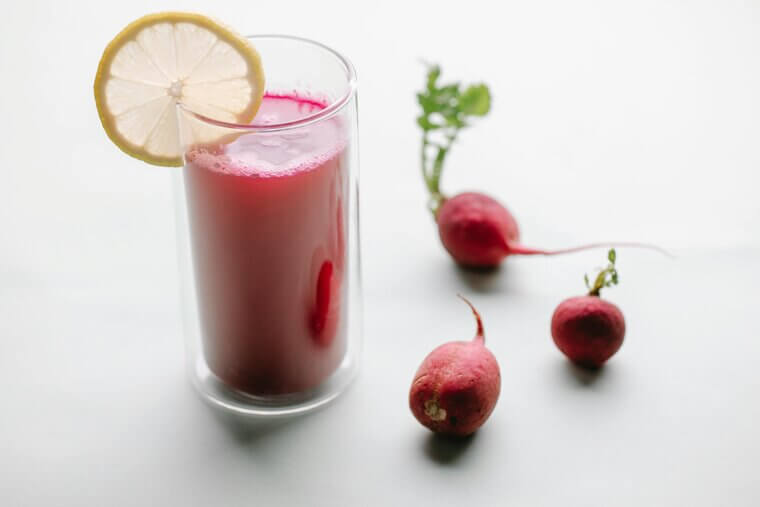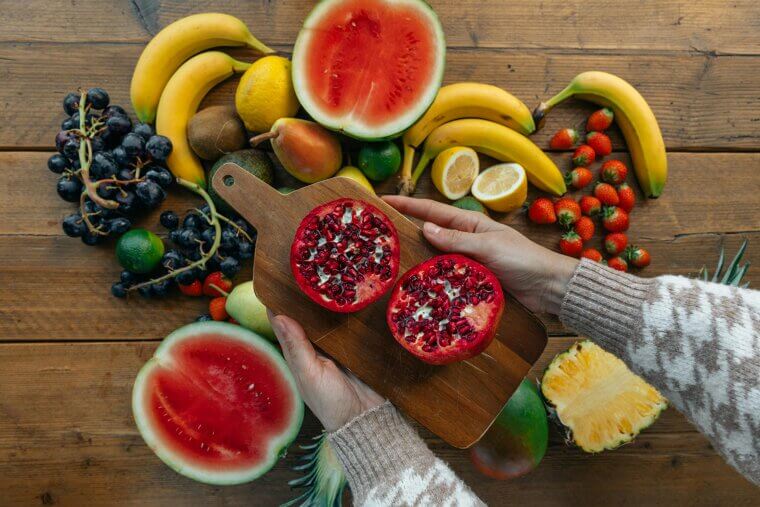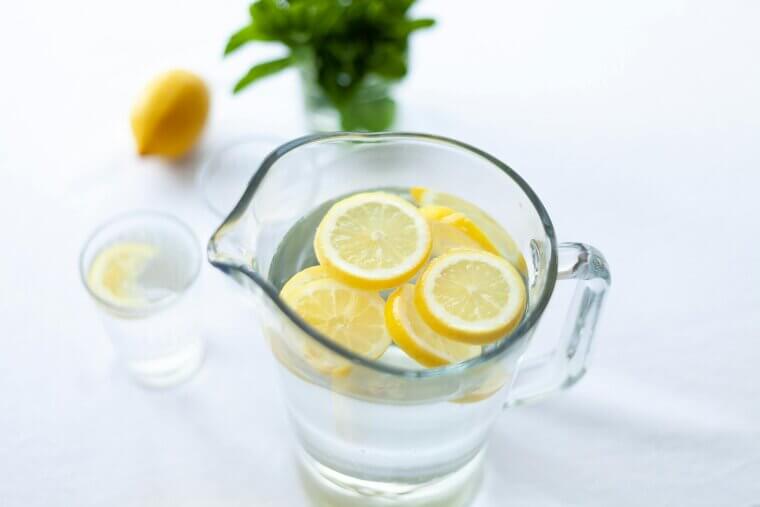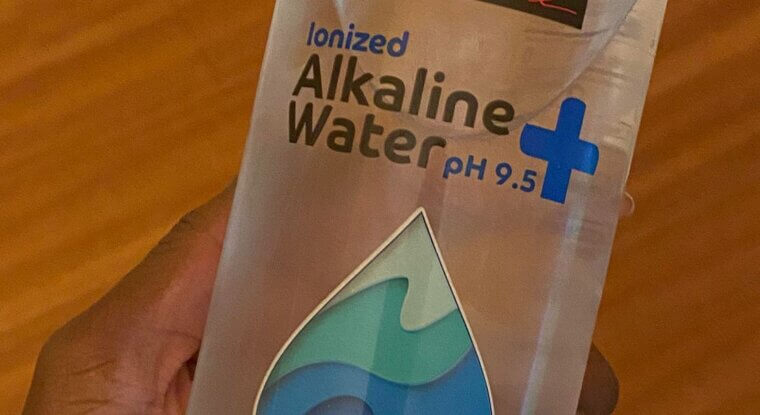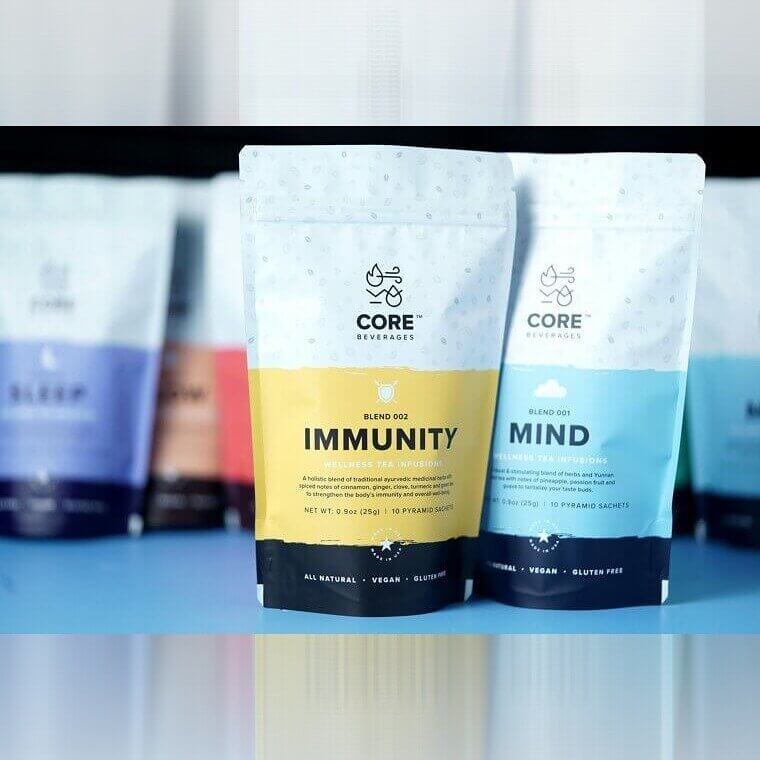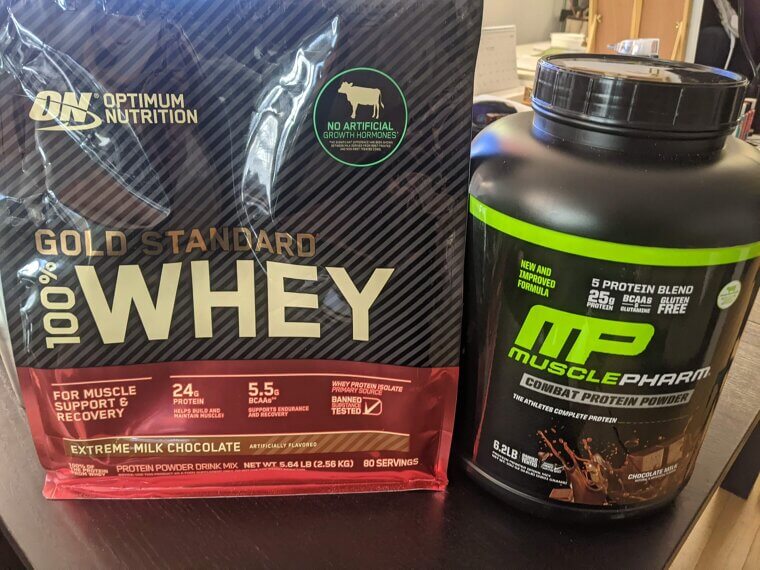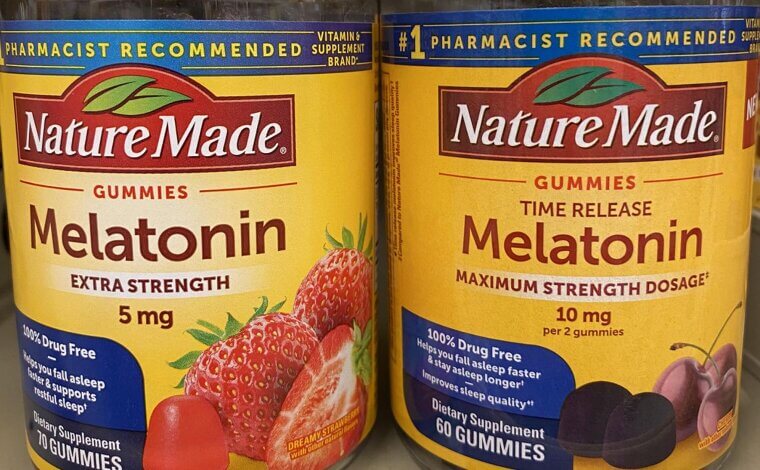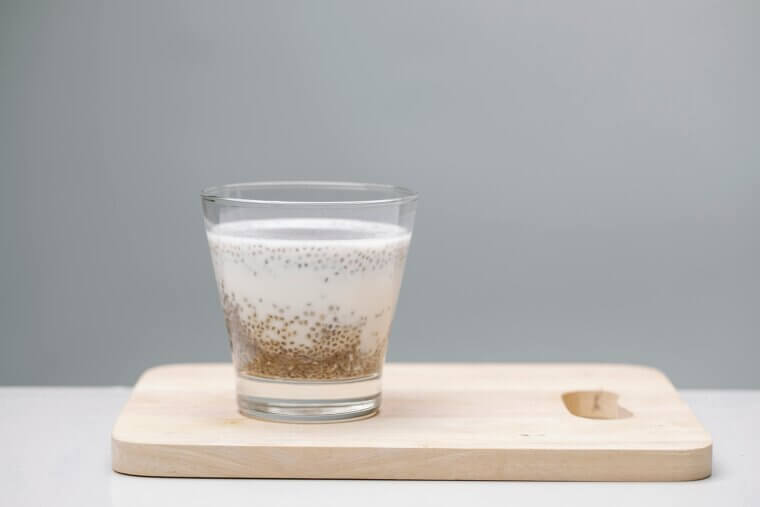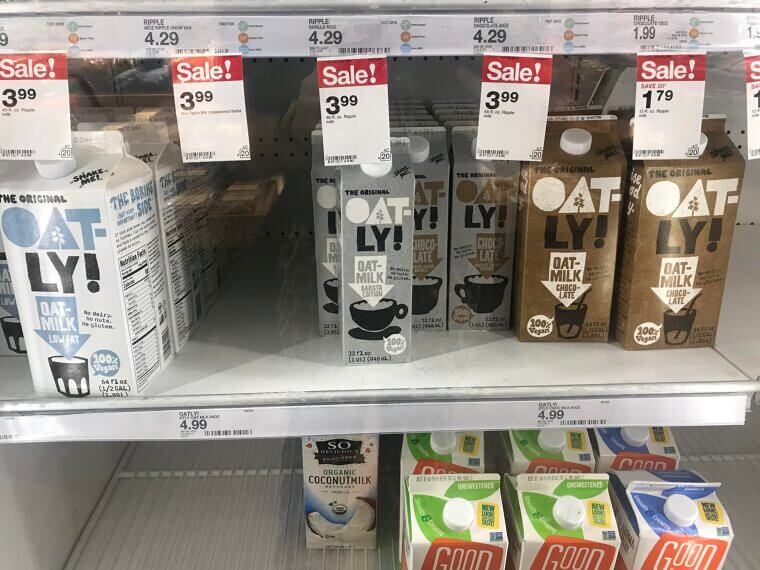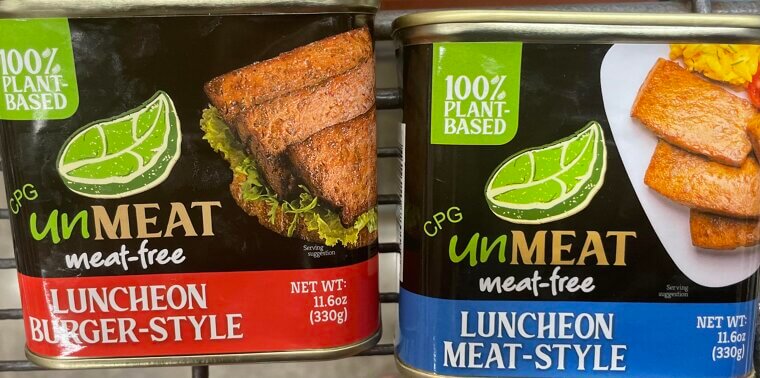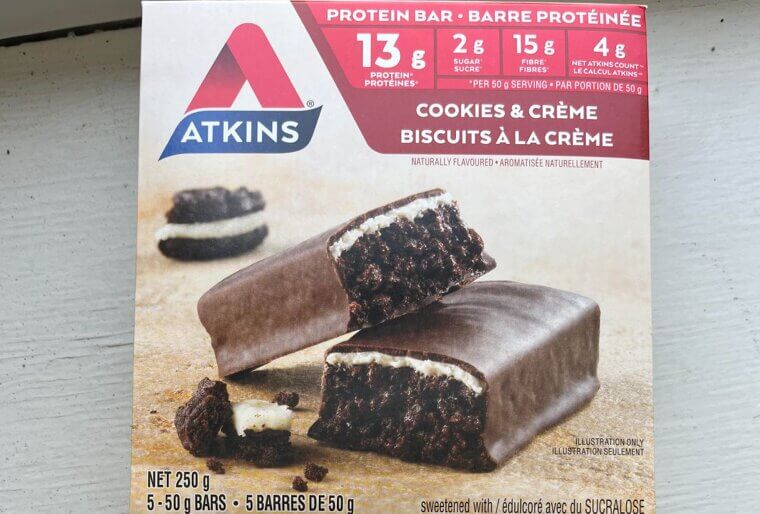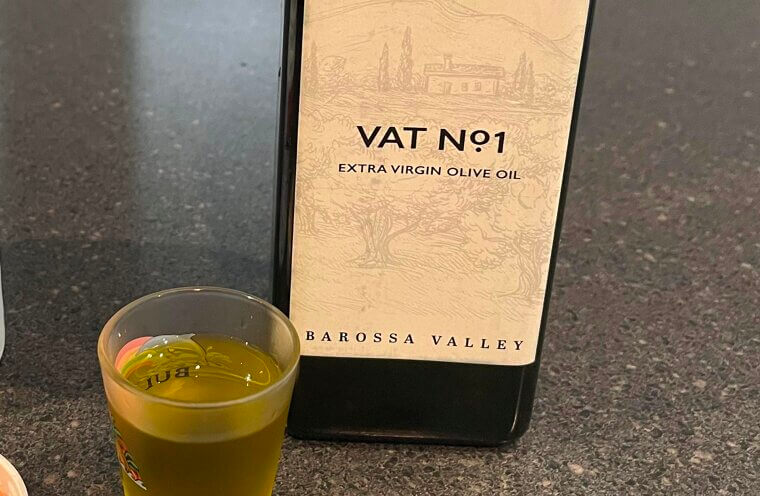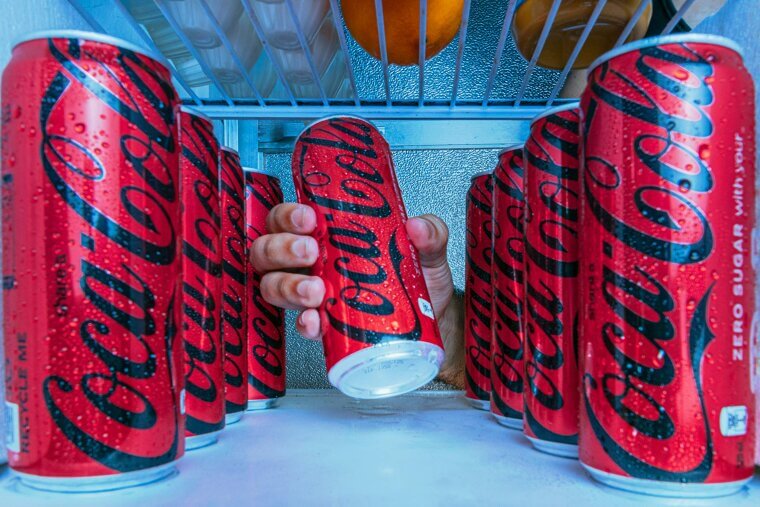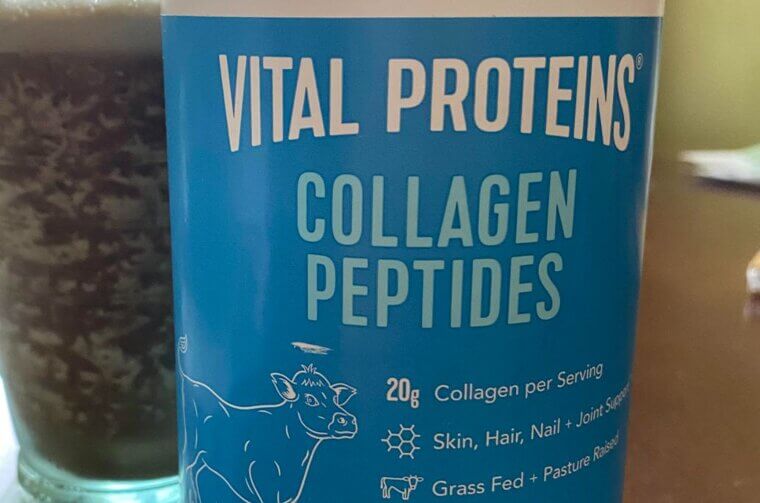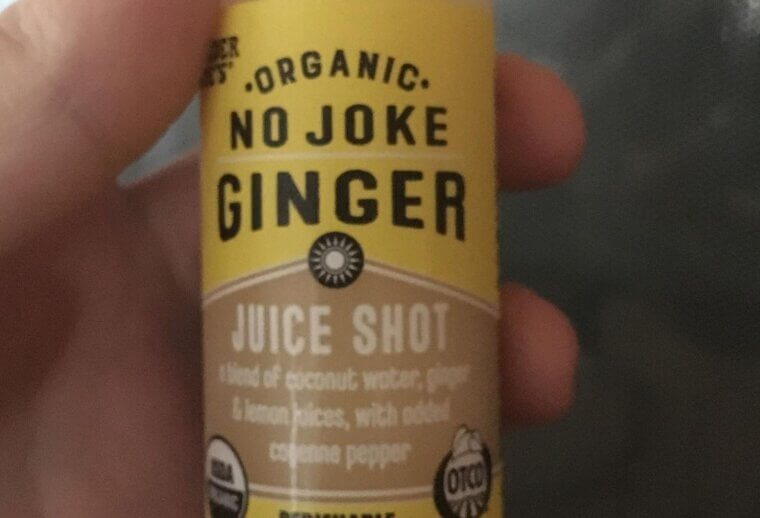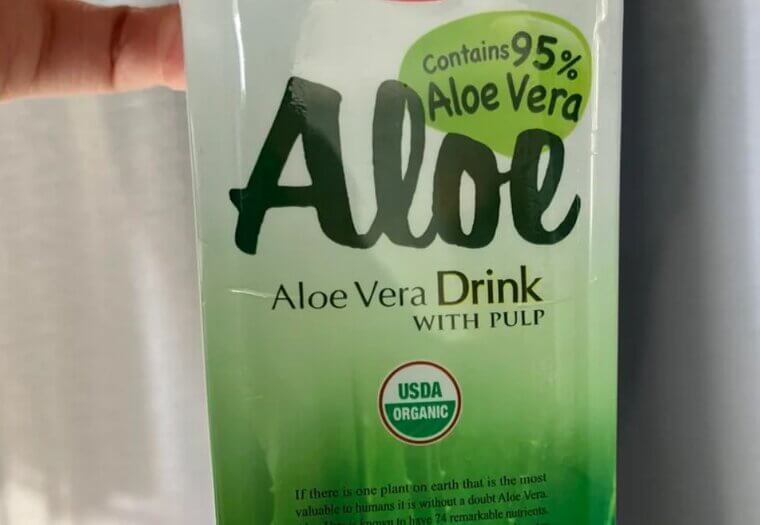Health Trends That Are Actually Bad for You
In the age of viral wellness hacks and influencer-approved health routines, it’s easy to believe that every new trend promises a better, fitter you. But not everything labeled “healthy” lives up to its claims, and some can actually harm your body in surprising ways. From overhyped diets to risky wellness fads, here’s what experts say you should think twice about before trying.
Not every “healthy” habit is as good for you as it sounds. Discover the trendy health practices that could be secretly doing more harm than good.
Activated Charcoal Craze
Activated charcoal has become a buzzword in wellness circles, touted for its detoxifying abilities. While it’s true that it can bind to certain toxins, its indiscriminate absorption can also strip the body of essential nutrients and medications. Regular consumption may lead to deficiencies and interfere with necessary treatments. Moreover, there's little scientific backing for its use outside of medical emergencies. Experts urge caution and recommend consulting a healthcare professional.
Ultimately, while activated charcoal seems appealing, it could undermine your health. Always prioritize evidence-based practices and consult with a healthcare professional before trying new health trends.
Pumpkin Juice Fad
Despite its seasonal charm, pumpkin juice has been touted as a miraculous health elixir. However, its supposed benefits often overshadow potential downsides. While rich in vitamins A and C, it can be high in sugar, leading to unwanted calorie intake and blood sugar spikes. Moreover, relying solely on it for nutrient intake can cause imbalances. Experts caution that moderation and a balanced diet remain key to reaping any potential benefits.
Incorporating pumpkin juice excessively can mislead your health goals. Always prioritize whole foods and a varied diet over trendy beverages. Balance is essential!
Juice Cleanse Overhype
Juice cleanses are often marketed as a quick fix for detoxifying the body and jumpstarting weight loss. However, experts caution against their overuse. While they might help in consuming more fruits and vegetables temporarily, they lack essential nutrients like protein and healthy fats. Prolonged juice cleanses can lead to muscle loss, low energy, and nutrient deficiencies. Instead of relying on these liquid diets, a balanced approach to eating is more sustainable and beneficial.
Remember, a well-rounded diet with whole foods offers more lasting health benefits than short-term cleansing trends. Prioritize regular meals that include a variety of nutrients to support overall wellness.
Carnivore Diet Concerns
The carnivore diet, which focuses solely on animal products, has gained popularity for its promise of weight loss and muscle gain. However, experts warn that this restrictive approach can lead to nutritional deficiencies, as it eliminates essential vitamins and minerals found in fruits and vegetables. Overconsumption of red and processed meats may also increase the risk of heart disease and certain cancers. It's crucial to consider balanced eating for long-term health.
Considering the risks associated with such extreme dietary choices is vital. A well-rounded diet that includes a variety of nutrients supports overall well-being, offering a healthier path to fitness.
Fruit-Only Diets
Fruit-only diets may seem like a healthy way to cleanse the body, but they can be misleading. While fruits are packed with essential vitamins and antioxidants, relying solely on them can lead to nutrient deficiencies. The lack of protein, healthy fats, and certain vitamins like B12 may result in fatigue and weakened muscles. Additionally, the high sugar content can spike blood sugar levels. Balance is key to a truly healthy lifestyle.
Remember, moderation and variety are essential in any diet. Prioritize a balanced intake of nutrients to ensure your body gets everything it needs.
Foot Detox Patches
Foot detox patches are gaining popularity as a simple way to cleanse toxins from your body while you sleep. Promising to draw out impurities through your feet, they claim to enhance overall well-being. However, experts warn that there's little scientific evidence to support their effectiveness. In fact, relying on such products may distract from healthier lifestyle changes like balanced nutrition and regular exercise, which are more beneficial.
While they may seem harmless, it's crucial to approach detox patches with skepticism. Focus on proven methods for maintaining health, rather than quick fixes.
Lemon Water Misconceptions
While lemon water is often hailed as a miracle health drink, it's not without its downsides. Many believe it's a cure-all, but the acidity can damage tooth enamel over time. Drinking too much can also lead to digestive issues, contrary to popular claims of detoxification benefits. Additionally, it doesn’t significantly boost metabolism as often advertised. Moderation and understanding its actual benefits are key. Approach with caution for overall wellness.
Always research and consult with experts before adding new trends to your routine. While lemon water can be refreshing, understanding its limitations helps prevent potential harm.
Supplements Overload
While supplements are often marketed as miracle solutions for better health, overconsumption can lead to serious health issues. Many people believe that taking supplements is a quick fix for nutrient deficiencies, but excessive intake can result in toxicity and imbalances. Relying solely on pills instead of a balanced diet can deprive your body of essential nutrients found in whole foods. Always consult a healthcare provider before adding new supplements to your routine.
Understanding the risks associated with excessive supplement use is crucial. Prioritize nutrition from natural food sources and make informed choices about adding supplements to your diet.
Alkaline Water Hype
Alkaline water has surged in popularity, promising benefits like improved hydration and detoxification. However, experts caution that these claims often lack scientific backing. While maintaining a balanced pH is important, your body already regulates this naturally. Consuming excessive alkaline water can disrupt your stomach’s natural acidity, hindering digestion and nutrient absorption. Before making it a staple, consider if it’s truly beneficial or just a costly fad.
Before jumping on the alkaline water trend, weigh its purported benefits against potential drawbacks. Understanding your body’s needs can help you make more informed health choices.
Sauna Detox Dangers
While saunas are celebrated for relaxation and potential detoxification benefits, the reality is more complex. Excessive sauna use can lead to dehydration, dizziness, and heat-related illnesses. The high temperatures might exacerbate certain medical conditions, and the supposed detox benefits are often overstated. Your body already has efficient detox systems, like the liver and kidneys, making extreme heat unnecessary. Experts advise moderation to avoid potential risks and ensure safety.
Moderation in sauna usage is essential. Overuse can strain your body, leading to adverse health effects rather than improvements. Listen to your body and consult with health professionals.
Herbal Teas for Immunity
The allure of herbal teas boasting immunity-boosting properties is undeniable. However, experts caution against relying solely on these blends for health benefits. While they may offer some antioxidants, they cannot replace a balanced diet or proper medical care. Overconsumption can also lead to digestive issues and interact with medications. It's essential to view these teas as a supplement, not a substitute, for other healthy lifestyle choices.
Before adding these herbal infusions to your daily routine, consult a healthcare professional. Balance and moderation are key in harnessing their potential benefits.
Raw Food Diet Risks
The raw food diet has garnered attention for promising a return to nature and better health. However, experts warn that this trend might not be as beneficial as it seems. While focusing on fruits and vegetables may sound ideal, raw diets can lead to nutritional deficiencies. Cooking food helps to break down fibers, making nutrients more accessible. Additionally, raw food can sometimes harbor harmful bacteria, potentially leading to foodborne illnesses.
Consider the balance between raw and cooked foods to optimize nutrient intake. Experts suggest incorporating a variety of preparation methods to ensure a well-rounded diet and avoid potential health risks.
Protein Powder Pitfalls
While protein powders are marketed as a convenient way to boost your protein intake, they can be misleading. Many users overlook potential health risks, such as excessive protein consumption, which can strain kidneys and lead to dehydration. Not all powders are created equal, with some containing additives and artificial sweeteners that could negatively impact your health. It's crucial to scrutinize labels and consult a healthcare professional before incorporating them into your diet.
Relying solely on protein powders might not provide balanced nutrition. Whole foods offer essential nutrients that powders can't match. Always prioritize real food for optimal health!
Intermittent Fasting Risks
Intermittent fasting has gained popularity as a quick way to lose weight and improve health. However, skipping meals can lead to nutritional deficiencies, reduced energy levels, and decreased focus. Over time, it may also negatively impact your metabolism and cause disordered eating patterns. While it might seem convenient, the lack of consistent nutrition can be harmful. Consulting healthcare professionals before making such changes is crucial.
If you're considering intermittent fasting, listen to your body and monitor its responses. Always prioritize balanced nutrition and seek professional advice to ensure it's right for you.
Cold Water Immersion
Cold water immersion is trending as a wellness activity, believed to boost circulation and improve mental resilience. However, experts warn it can be risky, especially for those with heart conditions. The sudden plunge can lead to shock, hypothermia, and even cardiac arrest if not approached with caution. While the invigorating feel might tempt many, the potential dangers suggest thinking twice before diving in. Always prioritize safety and consult a healthcare professional.
Despite the supposed benefits, cold water immersion carries significant risks. Prioritizing safety and consulting professionals is crucial to avoid serious health consequences. Be informed and cautious before attempting.
Sugar-Free Cookie Pitfalls
Sugar-free cookies might seem like a guilt-free indulgence, but they can harbor hidden risks. These treats often contain artificial sweeteners, which may lead to digestive issues for some people. Moreover, the lack of sugar doesn't necessarily mean fewer calories; these cookies can still contribute to weight gain if consumed in excess. The perception of them being "healthier" can also lead to overeating, negating any potential benefits.
While sugar-free labels may seem appealing, it's essential to read the ingredients carefully. Make informed choices to avoid unwanted side effects and maintain a balanced diet.
Melatonin Overuse Dangers
Melatonin supplements, often marketed as a natural sleep aid, can be misleading in their safety claims. Regularly consuming high doses, like those found in some gummies, might disrupt your natural hormone balance. This can lead to dependency or reduced effectiveness over time. Moreover, excessive melatonin may cause drowsiness and interfere with your body's internal clock. It's crucial to consult with a healthcare professional before making it a routine.
While melatonin is popular for sleep, misuse poses risks. Balancing its benefits and understanding potential side effects ensures safer consumption. Always prioritize informed choices over trendy solutions.
Chia Seed Overload
While chia seeds have garnered acclaim for their nutrient-rich profile, consuming them in excess can be problematic. These tiny seeds can absorb up to 12 times their weight in liquid, potentially causing digestive blockages if not consumed with enough water. Overeating chia seeds without proper hydration may also lead to discomfort and bloating. Additionally, some individuals might experience allergic reactions. Moderation and proper preparation are key to safely enjoying chia seeds.
To safely incorporate chia seeds into your diet, ensure they are well-soaked and consumed in moderation. This will help you avoid any potential digestive issues or discomfort.
Kombucha Craze Cautionary
While kombucha is often hailed as a probiotic wonder drink, its health benefits are not as clear-cut as they seem. Many enthusiasts overlook the potential risks, such as digestive upset from excessive consumption. Additionally, its fermentation process can lead to unintentional alcohol production and contamination if not handled properly. Sugar content is another concern, contradicting its image as a health beverage. Experts advise moderation and caution for this trendy drink.
Before jumping on the kombucha bandwagon, consider its downsides. Moderation is key, and it's wise to consult a healthcare professional. Prioritize informed choices for your well-being.
Oat Milk Pitfalls
Oat milk has skyrocketed in popularity as a plant-based alternative, but it’s not the health hero it seems. While marketed as a nutritious option, oat milk can be high in added sugars and calories, especially in flavored varieties. Additionally, it lacks the protein content found in traditional dairy milk or other plant-based options like soy. For those seeking a low-sugar, high-protein choice, oat milk might not be the best option.
Consider the overall nutritional profile before switching to oat milk. Explore all the ingredients and compare them to other options to find the healthiest fit for your diet.
Plant-Based Meat Alternatives
While plant-based meat alternatives have gained popularity as a healthier and more sustainable option, they may not be as beneficial as they seem. Many of these products are highly processed and can contain additives, preservatives, and high levels of sodium. This can lead to health issues such as increased blood pressure and an imbalance in nutrient intake. Additionally, relying too heavily on these products might result in missing out on essential nutrients found in whole foods.
Before jumping on the plant-based bandwagon, consider balancing your diet with whole, minimally processed foods to ensure optimal health benefits. Moderation and mindfulness are key.
Packaged Protein Pitfalls
Packaged high-protein meals promise convenience and nutrition, but they often come with hidden drawbacks. While they boast impressive protein content, these meals can be loaded with sodium and preservatives. The low-carb label might appeal to those watching their carb intake, but processed ingredients can undermine health goals. Despite being marketed as fitting a healthy lifestyle, it's essential to scrutinize the ingredients and nutritional content of these meals. A balanced, fresh diet is often a better choice.
Ultimately, relying too heavily on packaged meals can lead to consuming unhealthy additives. Exploring fresh, whole-food alternatives can provide the nourishment your body truly needs.
Aromatherapy Overuse
Using essential oils for aromatherapy is a popular wellness trend that many believe promotes relaxation and health benefits. However, overuse of these oils can lead to adverse reactions, including skin irritation, respiratory issues, and even hormonal imbalances. Despite their natural origin, these concentrated extracts can pose risks, especially when used excessively or improperly. It's essential to understand that more is not always better, and moderation is key for safe usage.
While essential oils boast various therapeutic claims, it's crucial to approach their use with caution. Avoiding excessive or inappropriate application helps prevent potential health risks.
Plant-Based Cheese Pitfalls
While plant-based cheeses are marketed as a healthier alternative, they often contain high levels of saturated fats and sodium. Many are heavily processed, lacking the nutritional benefits of traditional cheese. Additionally, these alternatives can be low in protein and other essential nutrients. Consumers may end up trading one unhealthy option for another, believing they're making a healthier choice. It's crucial to read labels and choose wisely.
Consider the nutritional content and ingredients in plant-based cheeses before making them a regular part of your diet. Sometimes, they might not be the healthier choice you expect.
Bone Broth Misconceptions
Bone broth has been touted as a health elixir, promising benefits like improved digestion and joint health. However, the truth is not so clear-cut. While it's rich in certain nutrients, drinking it in excess doesn’t necessarily boost your wellness. In fact, relying on it as a primary health solution can lead you to overlook more balanced dietary choices. It's crucial to seek diverse nutrition rather than depend solely on trends.
Instead of relying solely on bone broth for nutrition, focus on a balanced diet with a variety of foods. Consider consulting a healthcare professional for personalized dietary advice.
Resistance Band Overuse
Resistance bands are popular tools touted for their versatility and effectiveness in strength training. However, overusing them without proper guidance can lead to muscle imbalances and joint strain. Many assume these bands are a quick fix for fitness, but without balanced workouts, they can contribute to injury. It's crucial to incorporate a variety of exercises and seek expert advice to avoid potential harm. Consider moderation to maintain a healthy routine.
Incorporating diverse exercises and consulting a fitness professional can prevent injuries. Remember, more isn't always better. Stay informed and balanced in your fitness journey.
Salt Cave Therapy
Salt cave therapy has gained popularity as a wellness trend promising relaxation and respiratory benefits. But experts caution that the claims may be overblown. While sitting in a salt cave can feel soothing, scientific evidence supporting its health benefits is limited. Inhaling too much salt may irritate airways, particularly for those with asthma or allergies. Before spending money on this trend, it's wise to consult a healthcare professional.
Instead of relying on trendy treatments with uncertain benefits, focus on evidence-based health practices. Prioritize methods that have proven effectiveness to ensure safe and meaningful wellness improvements.
Misleading Protein Bars
Protein bars, like the one shown, often promise a healthy snack alternative, but they can be deceiving. While they boast high protein content, they might be loaded with artificial sweeteners and unhealthy fats. These bars can also have a high calorie count, making them more akin to candy bars than nutritious snacks. Over-relying on them can lead to potential weight gain and other health concerns. Experts advise choosing whole foods instead.
Approaching supposed health foods with caution is crucial. Always check ingredient lists and nutritional information to ensure they align with your dietary goals.
Olive Oil Shots
While olive oil is a staple in Mediterranean diets and known for its heart-healthy benefits, the trend of taking it as a shot can be misguided. Consuming it in large amounts can lead to excessive calorie intake, potentially causing weight gain. Additionally, drinking it straight may cause digestive discomfort, including nausea or diarrhea. It's important to use olive oil as part of a balanced diet rather than a standalone health remedy.
Before you follow this trend, consider the potential downsides. Moderation is key, and olive oil is best enjoyed as part of a diverse culinary approach.
Diet Sodas: Not So Sweet
Turning to diet sodas as a healthier alternative might seem like a smart choice, but these beverages can be misleading. Despite being low in calories, their artificial sweeteners can disrupt your metabolism and increase sugar cravings. Studies suggest they may contribute to weight gain and elevate the risk of metabolic disorders. Moreover, the acidity of these drinks can harm tooth enamel over time. Choosing water or natural juices is often a safer bet.
Rethink your beverage choices and prioritize your health by opting for more natural options. Avoid the trap of misleading "diet" labels and focus on genuine wellness.
Collagen Supplements Controversy
Collagen supplements have taken the wellness world by storm, promising to improve skin elasticity, joint health, and even nail strength. However, experts caution that these benefits might be overstated. The body breaks down ingested collagen into amino acids, which may not directly translate into the desired effects. Additionally, these supplements can be expensive and lack substantial scientific backing. Before investing in collagen products, consider consulting a healthcare professional for guidance.
Ultimately, while collagen supplements are popular, they may not deliver their promised benefits. It's crucial to approach such trends with skepticism and seek evidence-based advice.
Ginger Juice Shots
Ginger juice shots have quickly become a staple in the wellness community, promising detoxification and immune support. But experts caution that these concentrated shots can irritate the stomach lining, leading to discomfort and digestive issues. Overconsumption may also interfere with medications and blood clotting. While ginger has benefits, moderation is key; too much can be harmful. It's essential to understand the risks before making these shots a daily habit.
Incorporating ginger safely into your diet can offer benefits without the risks of concentrated shots. Consider using fresh ginger in meals or teas for a balanced approach.
Aloe Vera Drinks
Aloe vera drinks are often marketed as a natural health booster, claiming to improve digestion and provide hydration. However, consuming these beverages might not be as beneficial as touted. Aloe vera contains compounds called anthraquinones, which can cause digestive issues such as diarrhea or abdominal cramps. Additionally, some aloe drinks contain added sugars or preservatives, diminishing their purported health benefits. It's crucial to scrutinize the ingredients before consumption.
While aloe vera might seem like a healthful choice, its consumption in drink form can be misleading. Always verify product labels to ensure you're not compromising your health.
Nasal Strips: Not Always Effective
Nasal strips promise instant relief from congestion by opening your nasal passages. While they may provide temporary comfort, relying on them too much can mask underlying health issues. Conditions like sleep apnea or chronic sinus problems require medical attention rather than quick fixes. Overuse can lead to skin irritation or dependency, leaving you with more problems than solutions. It’s crucial to address the root cause of your breathing issues for long-term wellness.
Consider consulting a healthcare professional to address persistent nasal congestion. They can provide alternatives that tackle the root cause, ensuring you breathe better without side effects.


